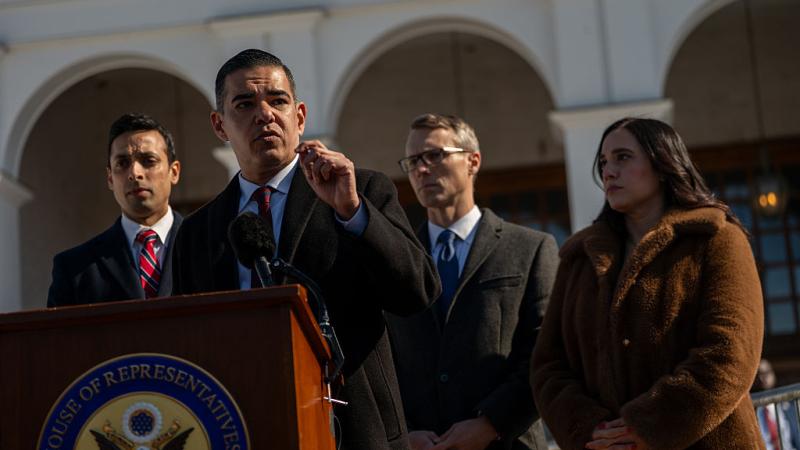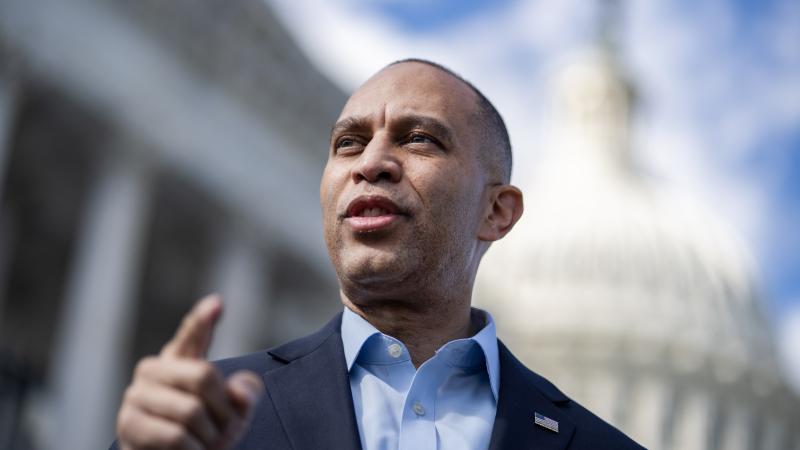Eighteen Democrats have so far registered to vote by proxy, over GOP's constitutional concerns
No House Republican has yet to register to vote remotely
The rosters are emerging for which House members will vote remotely – and who’ll vote for them – in the chamber’s unprecedented proxy voting this week.
Eighteen members, all Democrats, have so registered to have another member vote for them, after the Democrat-controlled chamber voted May 15 along party lines to allow proxy voting during the coronavirus pandemic and perhaps a future public health emergency.
Democrats drafted and passed the legislation out of such concerns as avoiding having hundreds of members and staffers returning to cramp offices, especially while the virus remains active in the District of Columbia and because a large number of members, many of them older, must travel by plane to get to Capitol Hill.
Congressional Republicans argue the change is against the Constitution and sends the wrong message to other Americans who must work during the pandemic.
The only House Republican who will possibly vote by proxy is retiring Florida Rep. Francis Rooney, who supports the rules changes.
The list of House members stating plans to proxy vote is kept on the Clerk of the House website and is as follows:
Reps. Gil Cisneros (Calif.), Steve Cohen (Tenn.), Ted Deutch (Fla.), Bill Foster (Ill.), Lois Frankel (Fla.), Vicente Gonzalez (Texas), Jared Huffman (Calif.), Primila Jayapal (Wash.), Eddie Bernice Johnson (Texas), Ro Khanna (Calif.), Andy Levin (Mich.), Alan Lowenthal (Calif.), Marc Pocan (Fla.), Kurt Schrader (Ore.), Bennie Thompson (Miss.), Marc Veasey (Texas), Filemon Vela (Texas) and Bonnie Watson Coleman (N.J.).
Each member who comes to the capitol to vote can have a maximum 10 proxy votes for fellow members who are staying home. Among them are two with short commutes: Democratic Reps. Don Beyer, of Virginia, and Jamie Raskin of Maryland.
“It's too bad that we have to have this, but it’s my pleasure to be able to do it for my friends. I know they really want to participate. They want to be on the record,” Beyer told The Hill newspaper. “It seems a lot better than just not being able to do the people's work or putting a bunch of people at grave risk.”
















